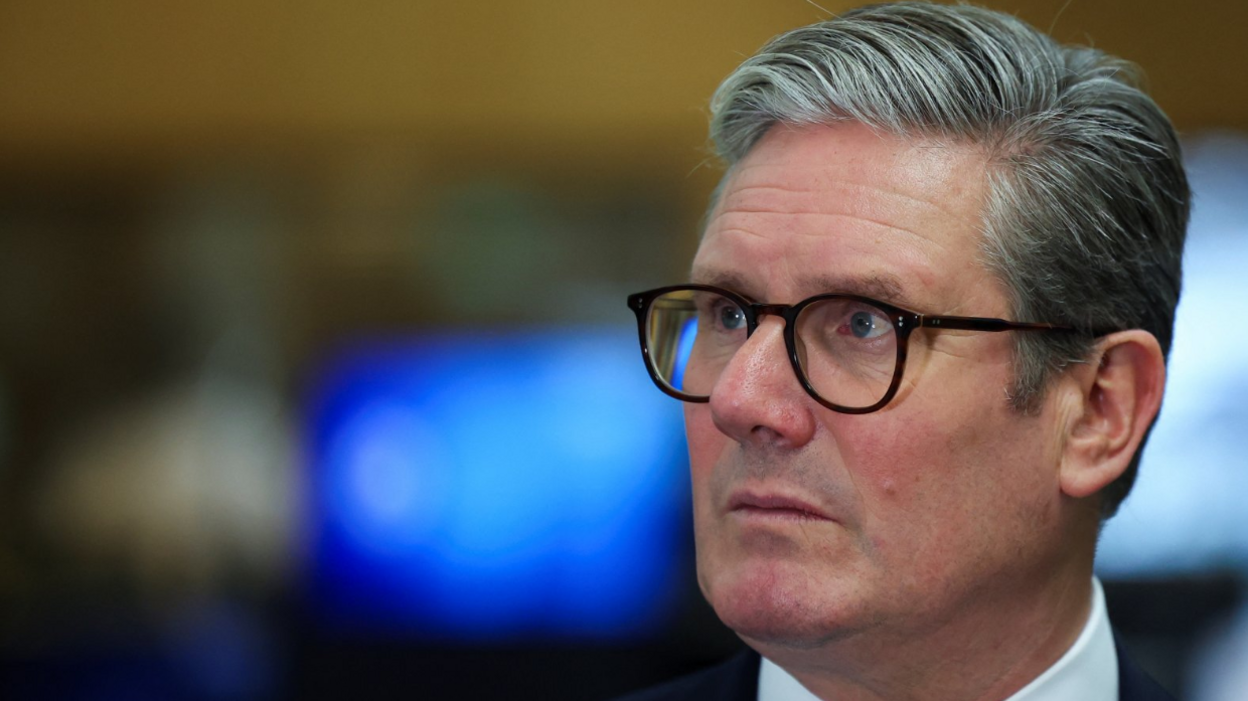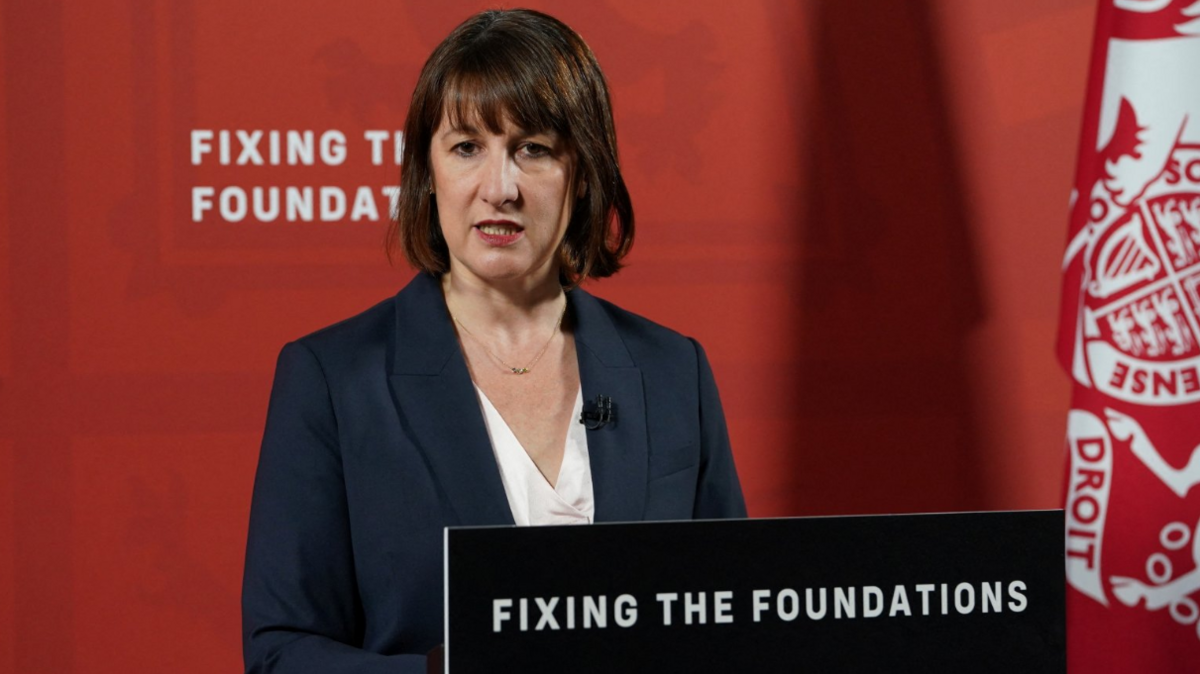PM to say: 'Things will get worse before we get better'

Sir Keir will denounce the lack of prison places as ‘a fundamental failure’ which has led to the early release of offenders
- Published
Sir Keir Starmer is set to warn that "things will get worse" in the UK before they get better.
In a speech on Tuesday, the prime minister is likely to say there are no quick fixes to remedy what he will call the "rubble and ruin" left by the Conservatives.
He will also continue to argue that the last government concealed the true state of the public finances.
But, the Conservatives have accused Labour of "fabricating" a financial black hole to clear the way for tax rises - and have called for Starmer to reverse his chancellor’s cuts to winter fuel payments, arguing these would leave pensioners "in the cold".
Marking a week before Parliament returns from a shortened summer recess, the PM is expected to use the speech to ramp up attacks on the inheritance left by the Conservatives.
He will say: "We have inherited not just an economic black hole but a societal black hole. And that is why we have to take action and do things differently.
"Part of that is being honest with people - about the choices we face. And how tough this will be.
"Frankly - things will get worse before we get better."
Since coming to power in July, Labour has sought to emphasise the challenges it faces in government and blame Tory ministers for failing to address those problems prior to the election.
Chancellor Rachel Reeves began that theme in her statement before the summer recess in a statement accusing the Tories of leaving a £22bn black hole in this year's budget.
"The Office for Budget Responsibility (OBR) did not know about this," he is expected to say.
"They wrote a letter saying so. They didn't know - because the last government hid it."

In July Chancellor Rachel Reeves gave a press conference following her statement to the House of Commons on the findings of the Treasury audit into the state of the public finances
Sir Keir will also address the condition of the wider public sector, saying those taking part in the recent riots had been able to exploit "the cracks in our society after 14 years of populism and failure", including a lack of prison places.
Arguing change will not happen "overnight", the PM is also expected to say Labour has achieved "more in seven weeks than the last government did in seven years".
He will use examples including setting up a National Wealth Fund, changing planning policy to build more homes and ending public sector strikes.
Sir Keir's speech comes ahead of a potentially tough period for the government as it prepares its first Budget, due on 30 October.
Ms Reeves faces the challenge of delivering on Labour's promises on taxation and spending amid what she has already described as a worse fiscal situation than she was expecting, with some tax rises looking increasingly likely.
Speaking on BBC Breakfast, Cabinet Office minister Pat McFadden said he thought the PM would be showing "refreshing candour" with the public in the speech - saying "we will get there, but it will take time".
He said the move to start means-testing pensioners' winter fuel allowance was "not a decision that we wanted to take".
But Mr McFadded added: "When we came into office we found billions of pounds of unfunded spending commitments... so we had to make a very difficult decision."
He said that there were almost 900,000 pensioners entitled to pension credit who don't currently claim it, and that all pensioners should be confident that the pension triple lock would be protected throughout the Parliamentary term.
Reacting to details of the PM's speech, Conservative Party chairman Richard Fuller said: "The soft-touch Labour chancellor is squandering money whilst fabricating a financial black hole in an attempt to con the public into accepting tax rises, and literally leaving pensioners in the cold.
"The Prime Minister really should tell his chancellor to reverse course or step in himself to reverse her decision."
Restricting winter fuel payments to only those who receive pension credits or other means-tested benefits has also been criticised by former Labour cabinet minister Alan Johnson.
Speaking to the BBC's World This Weekend, Mr Johnson - whose roles in the previous Labour government included serving as work and pensions secretary - said the government should consider offering support to pensioners who do not receive means-tested benefits but who are still on a low income.
"[For] the people just above pension credit, when you turn from a universal payment into a means-tested one, you have to look at tapering," he said.
"You have to look at that for how it affects those people who are just outside of the means-tested income threshold."